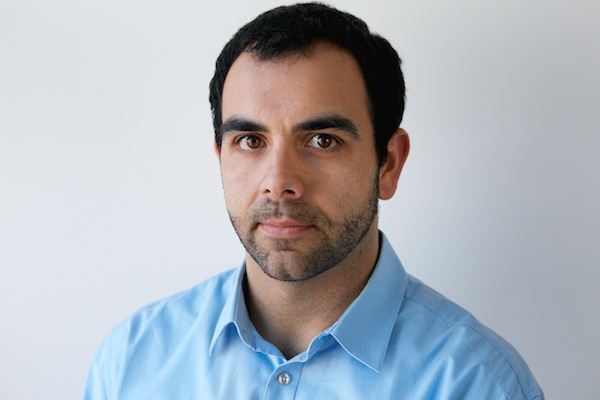
Israel’s Supreme Court upheld the deportation of the Israel and Palestine Director of Human Rights Watch Omar Shakir on Tuesday after a lengthy legal battle to allow him to remain in the country.
Justices Neal Hendel, Noam Sohlberg, and Yael Willner accepted the state’s claim that Shakir, a U.S. citizen, supports the Boycott, Divestment and Sanctions (BDS) movement, rejecting Shakir and Human Rights Watch’s appeal against his expulsion.
Shakir says he will now have 20 days to leave or face deportation.
Shakir’s case has been described as a watershed moment for free speech and human rights advocacy in Israel. By ordering his deportation, Israel joins countries like North Korea, Iran, Cuba and Venezuela, which have also blocked access to the organization’s staff members.
The ruling is based on the 2017 amendment to the Prevention of Entry into Israel Law, which authorizes the the interior minister to withhold temporary visas or residency to any non-Israeli citizen who has publicly called for or pledged to participate in a boycott of Israel. In August, Israel relied on the law to prevent Congresswomen Ilhan Omar and Rashida Tlaib from entering the country.
Last year, Israel’s Interior Ministry revoked Shakir’s work permit and ordered his deportation within two weeks. This was the first time that the Israeli government had used the 2017 amendment to its Law of Entry to deport someone already present in the country.
Israel’s decision was largely based on an intelligence dossier that the Strategic Affairs Ministry compiled of Shakir’s activism for Palestinian rights before joining HRW. As co-president of Students for Palestinian Equal Rights at Stanford, Shakir had called on the universtiy to divest from companies that profit from the occupation.
HRW, represented by Israeli human rights attorneys Michael Sfard, Sophia Brodsky and Emily Schaeffer Omer-Man, then filed a lawsuit against the government’s deportation order.
Israel argues that it has a right to defend itself and protect its citizens from “a political-diplomatic boycott by non-state actors who wish to undermine the foundations of the existence of the state in question.” The anti-boycott law, however, does not distinguish between calls for boycott of Israel’s settlement enterprise, which violates international law, and statements and actions that target the state.
The state has also stated that it does not take issue with HRW as an organization, but with Shakir himself. In Tuesday’s ruling, Justice Hendel said that “Human Rights Watch is not classified as a boycott organization – and it can request the employment of another representative who is not involved up to their neck in BDS activity.” According to HRW, however, Shakir has been following and implementing the organization’s policies.
HRW, the independent U.S. nonprofit established in 1978 and now operating in 90 countries, “takes no position on boycotts of Israel. This isn’t some special Israel policy, it’s part of how we do work everywhere in the world,” Shakir said on The +972 Podcast in May.
Listen here: iTunes/Apple Podcasts | Google Play | Spotify
“Today, the political litmus test to enter Israel seems to be support for boycotts. Could it tomorrow be calling for the International Criminal Court to open an investigation, or even calling for withdrawal of settlements, or saying the West Bank is occupied? Today, these restrictions are being used to block somebody from entering the country. Could it tomorrow be the basis to restrict the activities of Israeli and Palestinian rights defenders?” he added.
According to Shakir, his case is not about BDS, as Israel claims, but about “muzzling human rights advocacy.” Dozens of Palestinian and Israeli human rights groups have criticized his deportation order, as well as the UN Secretarly General, 27 European states and 17 Congresspeople, describing the chilling impact this will have on those who challenge Israel’s policies.
In late October, Israel banned Palestinian Amnesty International campaigner Laith Abu Zeyad from traveling to Jordan for his aunt’s funeral, for what Israeli authorities explained as “security considerations.” Amnesty, on the other hand, wrote that this was “a sinister move imposed as punishment for his work defending human rights of Palestinians.” In 2017, Israel denied entry to the organization’s advocacy director for the Middle East and North Africa, Raed Jarrar, while on a personal visit to the occupied territories following the death of his father.
Last year, Israel denied entry to four human rights leaders from the United States who were visiting Israel and the West Bank to better understand the situation on the ground. The members who were deported include Vincent Warren, executive director of the Center for Constitutional Rights (CCR), and Katherine Franke, chair of CCR’s board and Sulzbacher Professor of Law, Gender, and Sexuality Studies at Columbia University. The two were questioned about their political affiliation with groups critical of Israel, and Franke was accused of being associated with the BDS movement.

